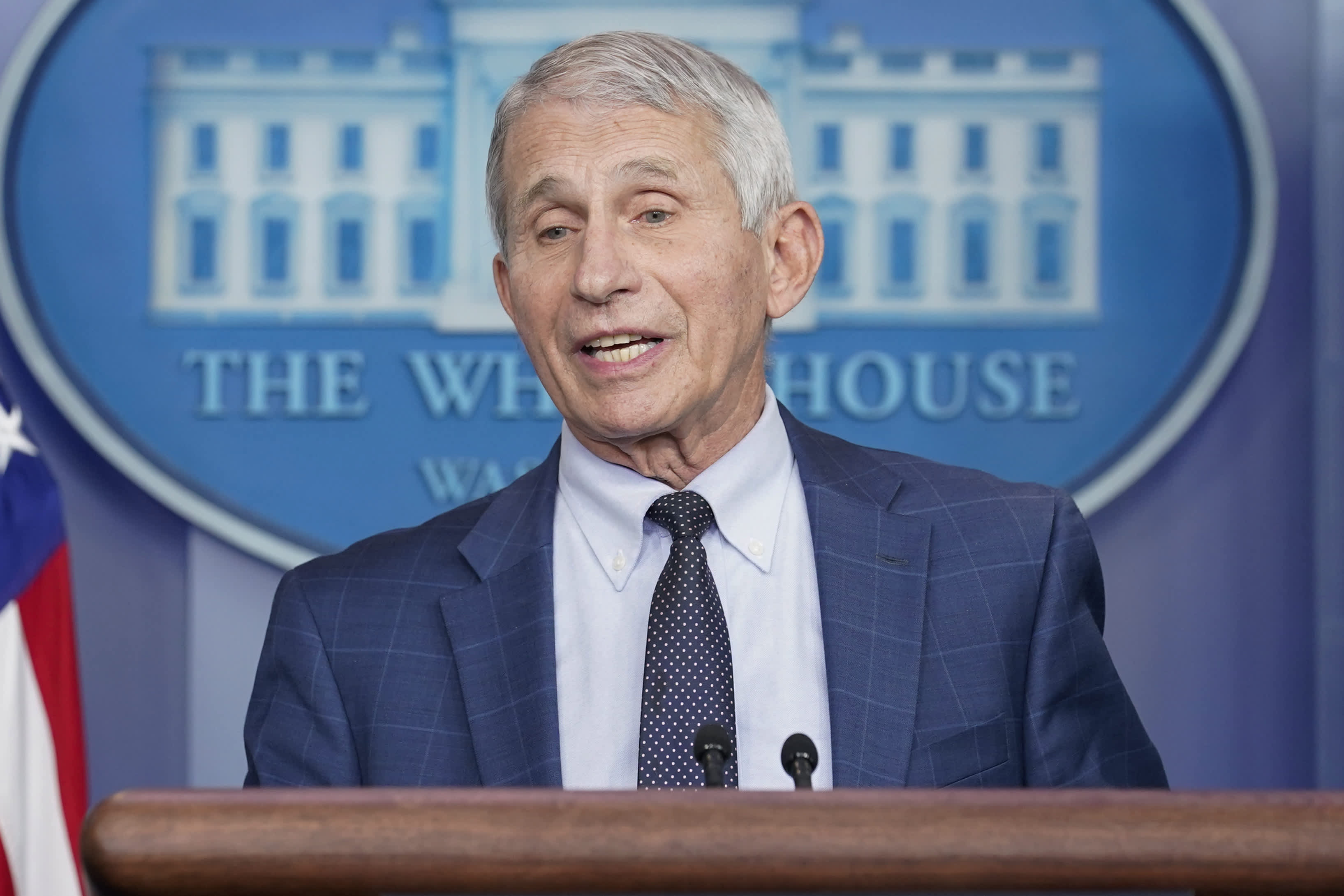Health officials announced the identification of three cases of the new, highly transmissible omicron COVID-19 variant in Boston on Wednesday, the first confirmed cases in the city.
All of the cases were in young adults over the age of 18, none of whom were fully vaccinated.
WATCH ANYTIME FOR FREE
>Stream NBC10 Boston news for free, 24/7, wherever you are. |
All of them experienced mild symptoms and none required hospitalization, the Boston Public Health Commission said.
"BPHC is monitoring this situation closely and continues to work with city and state partners to inform policies and prevention efforts," the agency said in a statement.
Get updates on what's happening in Boston to your inbox. Sign up for our >News Headlines newsletter.
Health officials urge all residents to get fully vaccinated and boosted and to get tested if they are exposed to someone with suspected or confirmed COVID-19, regardless of vaccination status. Anyone who experiences symptoms is urged to isolate immediately and get tested.
Boston Mayor Michelle Wu said she was not surprised the omicron variant has been detected in the city.
“It was only a matter of time before the new variants make their way here to our global metropolitan city as well,” she said Wednesday.
Dr. Vandana Madhavan with Mass General Hospital for Children called it inevitable as well: “We know that we have a new variant that’s likely more transmissible.”
The fact that none of the three omicron cases was detected in people who were fully vaccinated emphasizes why it's so important for people to get vaccinated and, when they can, a booster shot, doctors said.
“Every time COVID-19 gets into another body, we have another opportunity to make more people sick and frankly to have more variants,” said Dr. Katherine Gergen Barnett, with Boston Medical Center.
For information on how to obtain a vaccine in Boston, click here.
Until now, only one confirmed case of the omicron variant had been reported in Massachusetts. Multiple cases have been reported in Connecticut, and New Hampshire and Rhode Island have each reported one case.
No cases have been reported in Maine or Vermont yet.
Earlier this month, NBC10 Boston asked three top Boston doctors to answer some key questions about the omicron variant as part of our weekly "COVID Q&A" series, including how worried we should be about the omicron variant and if its symptoms any worse than previous strains.
"I think we should be watchful, but not nervous," said Dr. Daniel Kuritzkes, Brigham and Women's Hospital's chief of infectious disease. "President Biden said 'This is cause for concern, but not for panic,' which I agree with. There's every reason to think that getting vaccinated and taking simple public health measures like continuing to wear a mask when in crowded situations indoors are going to be highly protective."
All three doctors said they don't expect symptoms from the omicron variant to differ much from the other strains, but they also said it's too soon to know for sure.
"I'm not sure there are any major changes in sort of the array of symptoms associated with these viruses," said Dr. David Hamer, an infectious disease specialist at Boston Medical Center. "One of the changes is if you become vaccinated and get a breakthrough case, you're much more likely to have milder symptoms."
White House chief medical advisor Dr. Anthony Fauci said Wednesday that currently available booster shots work against the omicron variant of COVID-19 and do not need to be adjusted to fight the new, highly contagious strain of the virus at this time.
"Our booster vaccine regimens work against omicron," Fauci told the public during a White House COVID update on Wednesday. "At this point, there is no need for a variant-specific booster."
Fauci said the primary two-dose vaccination series from Pfizer and BioNTech is significantly compromised by omicron, but still offers considerable protection against severe disease. Protection from the two-dose vaccine against infection dropped to 33% compared with 80% before the emergence of omicron. However, two doses are still 70% effective at preventing hospitalization in omicron patients in South Africa, Fauci said.



